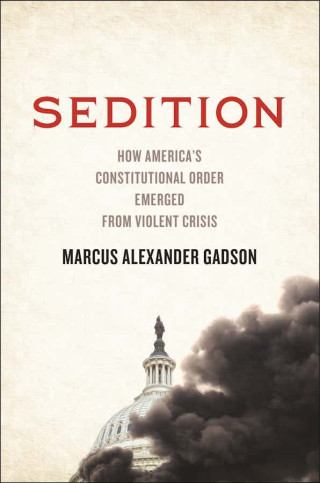Americans of a certain age are used to election day proceeding in a particular way. The process of casting a vote is peaceful. A winner is revealed that night or the next day. The loser concedes. The past 25 years have been an anomaly, whether it was the 2000 election taking a month to resolve or Trump refusing to concede in 2020.
But if you look at the 19th century, our recent experience is closer to the general rule. The century began with the disputed 1800 election. Aaron Burr and Jefferson tied in the Electoral College. Throughout the 36 rounds of voting it took to resolve the deadlock, rumors swirled that two state militias would intervene on Jefferson’s side. Voter intimidation, suppression and coercion were staples of 19th-century elections. Throughout the century, many Americans voted orally in front of their parents, spouses, bosses and friends. Employers and landlords threatened to retaliate against dependents if they voted contrary to their wishes. Partisans routinely went to polling places with guns and threatened political opponents who tried to vote. Ballot-stuffing was commonplace.
These shenanigans had profound consequences for American history in the 1876 election. That year, a dispute arose over electoral votes from Florida, South Carolina, Oregon and Louisiana. In South Carolina, some white supremacists bragged about voting 20 times in the election, while others donned red shirts and physically blocked Republicans from voting. Benjamin Tillman (known as “Pitchfork Ben”), who served as governor of South Carolina and later as a U.S. senator, bluntly explained that this was the only way white supremacy could triumph because of the state’s Black majority. “How did we recover our liberty?” he asked. “By fraud and violence. We tried to overcome the 30,000 majority by honest methods, which was a mathematical impossibility.”
Historians have long suspected that Republicans and Democrats struck a deal in 1876 to give Rutherford Hayes the presidency in exchange for ending Reconstruction in the South. What would have happened in an honest vote? How might American history have unfolded differently if the election of 1876 had been conducted fairly? We’ll never know.
The 19th century’s polarized media climate made elections even more of a rollercoaster. Some Americans yearn for the days when the news anchor Walter Cronkite commanded respect across the political spectrum and lament how many Americans now get their news from partisan outlets or, increasingly, social media. But 19th-century Americans would feel right at home. It was common for newspapers to be affiliated with political parties — they had names like the “Morning Republican” and the “Wautaga Democrat” — and to devote as much space to expressing opinions as to reporting the news. The chief justice of the Arkansas Supreme Court was the co-owner of his state’s Republican newspaper and wrote articles attacking political opponents in its pages.
